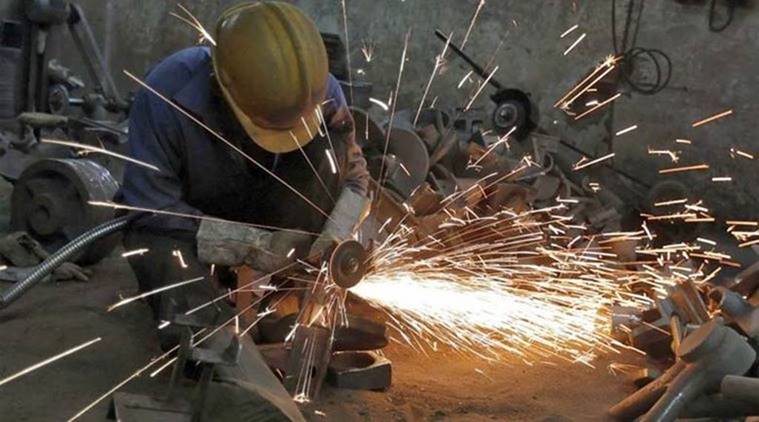
The Indian Express
Industry chorus: Package not much help, govt must do the heavy lifting
The survey was conducted after the latest round of easing, and the respondents included large companies, regional trade bodies, and also some small and medium enterprises across the manufacturing and services sectors.
by Anil SasiAs companies gradually ramp up capacities post the lockdown and announcement of the Rs 20 lakh crore AtmaNirbhar Covid economic package, many are of the view that the government needs to do a lot more heavy lifting to generate demand given the extraordinary circumstances.
There cannot be a better way than increased government spending, direct cash transfers to consumers and deferment of taxes, according to responses of 100-plus companies to a survey carried out by a national trade body.
The survey was conducted after the latest round of easing, and the respondents included large companies, regional trade bodies, and also some small and medium enterprises across the manufacturing and services sectors.
Some broad trends that emerge:
* Bigger companies are operating at higher capacities; mid and small-sized companies in the same or related sectors are operating sub-optimally.
* Companies producing fast moving consumer goods or those producing essential commodities and food products have been able to scale up fast, and are working at even 80 per cent capacity or more.
* Automobile units are deliberately slow in restarting operations due to lack of retail demand, probably because of stress on consumers due to uncertainty on the job front, and wage cuts.
* Auto units in the north have started earlier, while those in south and east trail; this could be because the Manesar-Gurgaon belt was among the first hubs to open up, while those in Tamil Nadu and Gujarat have been slower off the block due to Covid overhang.
Most companies said the stimulus package of the government did not benefit them, many said it was ineffective, and some others said there was little fiscal support either to the industry or to the poor.
Suggestions varied from Rs 2,500 direct cash transfer to the poor, wage support to labour, and GST and income tax waivers.
Within the manufacturing sector, pharma units are operating at over 85 per cent capacity, while chemical companies are lagging behind in capacity utilisation.
In services, software and technology firms are working at 90 per cent capacity.
A Mumbai-headquartered software company reported 95 per cent operating capacity post-lockdown, while other small IT services firms, a mid-sized firm involved in artificial intelligence solutions and another working on unmanned systems were operating at much lower levels of 50 per cent.
Core sector firms in industries such as mining and steel reported operations even during the lockdown, primarily because restarting smelters and boilers is a cost and energy intensive process.
Capital goods and power generation companies too, operated through the lockdown, but at significantly lower capacity levels. A major Mumbai-based capital goods company pegged its current capacity utilitsation at just 37 per cent, but a Bengaluru-based state-owned equipment major reported a much higher operating capacity of 75 per cent.
Within services, a Gurgaon-based company supplying security guards reported staff operations at about 50 per cent on a national level, even though the deployment of guards was one of the jobs that showed a certain degree of inelasticity during the lockdown. A smaller Delhi-based security agency, however, reported a much lower operating capacity of 30 per cent.